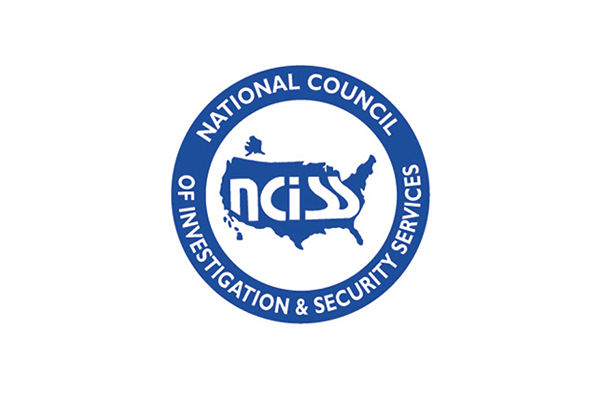Today’s employers are faced with more challenges than ever before. Applications and resumes need to be carefully reviewed for false information from misleading statements to downright lies. Workplace violence and active shooter situations are on the rise. Changing marijuana laws are having an impact on the workplace; more than 75% of substance abusers are employed resulting in more absences and increased medical and worker’s comp claims. Employee theft is the fastest growing crime in America, according to the FBI. Employers should meet these challenges with a strong criminal background check on all new hires. What is a strong criminal background check? It is not what many think of as the “Gold Standard” – the FBI/BCI check.
It is a search for felony and misdemeanor records at the county court level. I have been hearing about the problems with the BCI/FBI databases for years but it wasn’t until recently that I had any firsthand experience with the results of a BCI/FBI fingerprint search. We have had several cases this year where the employer was required to do the BCI/FBI search but also ran their normal county criminal search. The results of the BCI/FBI database searches reported no records in all 12 instances. In 4 of those cases, however, the county criminal searches found misdemeanor and felony records. I finally have proof of what I have been hearing for years!
There have been articles in various Ohio newspapers regarding the state of the Ohio BCI criminal record check. The State Criminal Database (BCI) is a fingerprint search. Not all police departments do fingerprints for all crimes. Local and federal law enforcement offices typically submit fingerprints to the databases for every person they arrest on a serious charge, whether or not there is an actual conviction. The term “serious charge” can vary greatly by jurisdiction.
There are additional troubling problems with the State & FBI Databases in that there is not a reporting requirement so not all counties report to them. For those counties that do, there is often a huge time lag from the time the clerks update their court records and the time that information is transmitted to the actual databases. Consequently, the record may be at the court but may not have been sent to the state or federal databases or, if there is a record in the database, it may not have been updated. This could be important because making an employment decision based solely on a BCI/FBI database report that has incomplete information could put you in jeopardy with the EEOC and FCRA.
In addition, the technology is outdated and replacing it will be expensive and time consuming. Currently, there are 950 Law Enforcement Agencies and 600 courts all holding records. Of the approximately 800 that send their updates to BCI send them via "snail mail". Add to that the time it takes for that information to be "hand entered" into the system and the data-entry errors that could occur, and we are talking about a serious problem! Here are some Ohio statistics: Only 40% of arrests in the last 5 years have final case dispositions recorded in the BCI and 47% of the case dispositions received could NOT be linked to a specific arrest record.
If your industry requires a BCI/FBI database search, back it up with a good county criminal search. Bad hires cost more than re-hiring dollars and morale issues. Negligent hiring lawsuits have recorded verdicts of up to $40 million. Keep your workplace safe by screening your potential employees with a comprehensive 7-year search of all counties lived in and worked in during the last 7 years. You will get better information on which to base your hiring decision.







